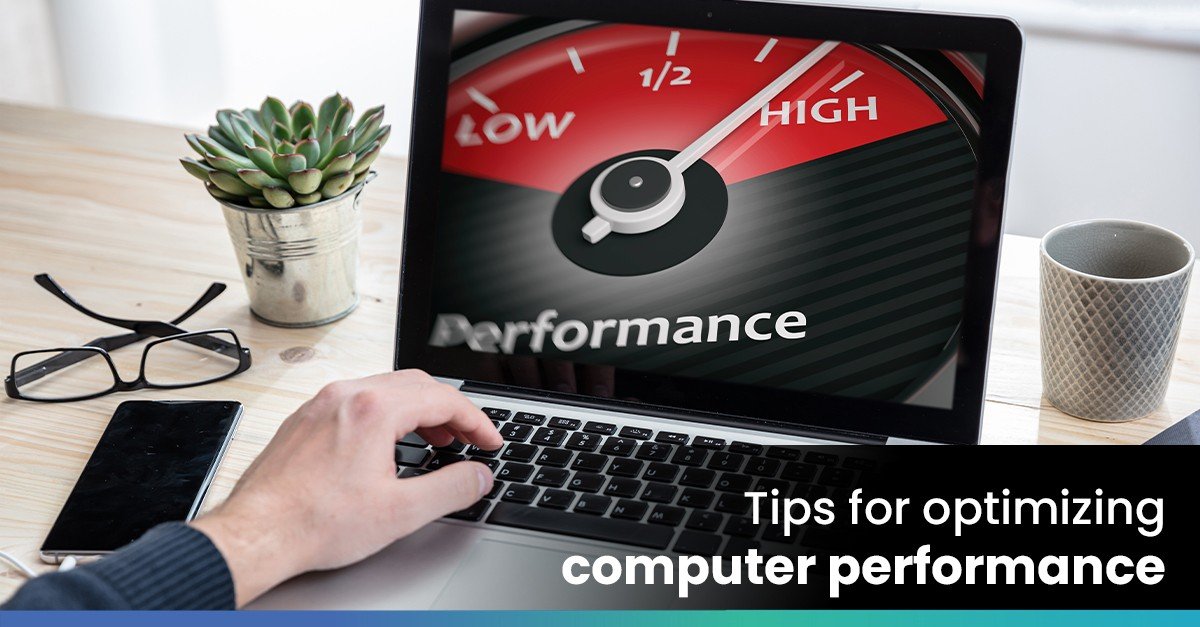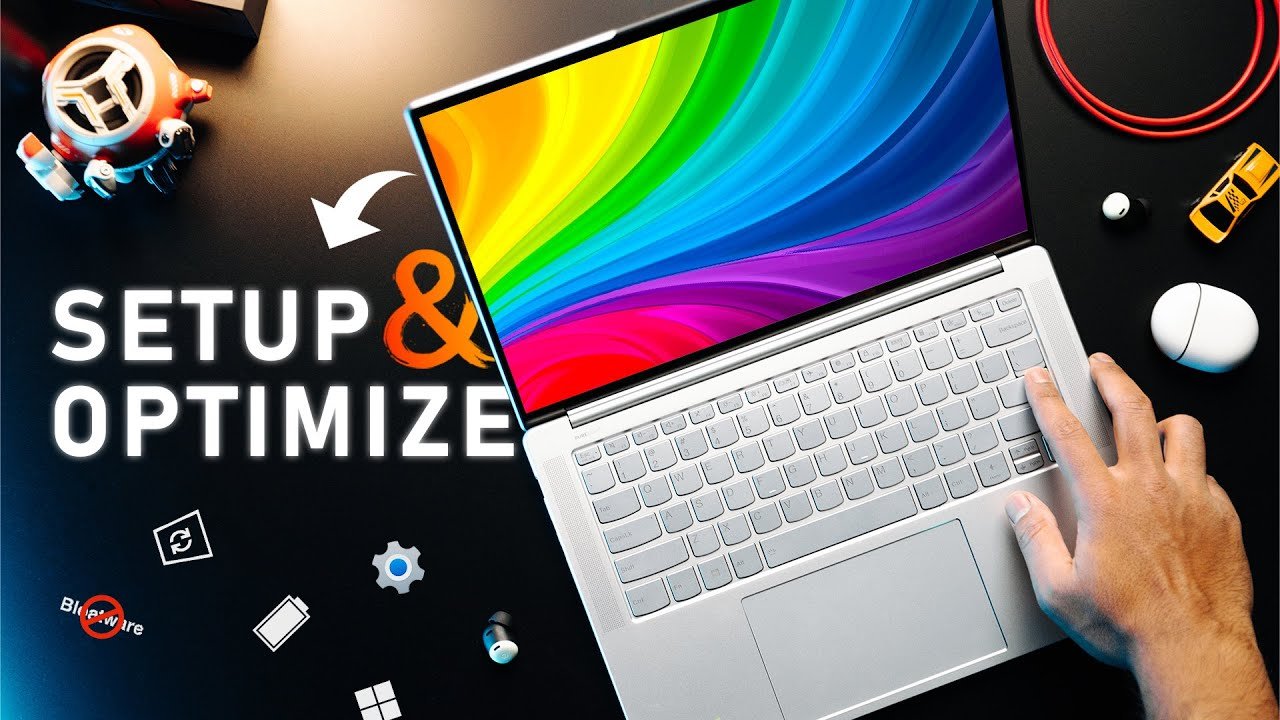As laptops age, they can start to slow down, making even simple tasks feel sluggish. Fortunately, there are several ways to optimize your laptop to restore its performance and ensure it runs smoothly. Whether you’re using your laptop for work, gaming, or general use, these tips will help you get the most out of your machine.
1. Keep Your Operating System and Software Updated
Regularly updating your operating system and software ensures that your laptop benefits from the latest security patches, bug fixes, and performance enhancements.
- Windows Updates: Go to Settings > Update & Security > Windows Update to check for and install updates.
- Software Updates: Keep your applications updated by enabling automatic updates or manually checking for updates within each program.
2. Manage Startup Programs
Too many programs starting up when you boot your laptop can significantly slow down its performance.
- Windows Task Manager: Press
Ctrl + Shift + Esc, go to the Startup tab, and disable any unnecessary programs from launching at startup. - Reduce Load: Only keep essential programs enabled at startup to speed up the boot process.

3. Clean Up Your Hard Drive
Over time, your hard drive can become cluttered with temporary files, old downloads, and unused programs, all of which can slow down your laptop.
- Disk Cleanup: Use Windows’ built-in Disk Cleanup tool to remove temporary files, system cache, and other unnecessary data.
- Uninstall Unused Programs: Go to Control Panel > Programs > Programs and Features to uninstall any applications you no longer use.
4. Upgrade Your Hardware
If your laptop is still slow after optimizing software, it might be time to consider a hardware upgrade.
- Add More RAM: Increasing your laptop’s RAM can significantly improve performance, especially if you run multiple programs simultaneously.
- Switch to an SSD: Upgrading from a traditional hard drive to a Solid-State Drive (SSD) can drastically reduce boot times and increase file access speeds.
5. Adjust Power Settings
Your laptop’s power settings can impact its performance, especially when running on battery power.
- Choose High Performance: Go to Control Panel > Power Options and select the High Performance plan to prioritize speed over energy savings.
- Customize Power Plan: If you want to strike a balance, you can customize your power plan settings to optimize both performance and battery life.
6. Optimize Visual Effects
Windows comes with several visual effects that, while enhancing the user experience, can also slow down your laptop.
- Adjust Visual Effects: Go to Control Panel > System > Advanced system settings > Performance Settings, and choose “Adjust for best performance” to disable non-essential visual effects.
7. Keep Your Laptop Cool
Overheating can cause your laptop to throttle performance to prevent damage.
- Use a Cooling Pad: A cooling pad can help keep your laptop at optimal temperatures, especially during intensive tasks.
- Clean the Fans: Regularly clean your laptop’s fans and vents to prevent dust buildup, which can obstruct airflow and cause overheating.
8. Run Regular Maintenance Scans
Regular maintenance scans can help identify and fix issues that might be slowing down your laptop.
- Antivirus Scans: Run antivirus and anti-malware scans to remove any malicious software that could be affecting performance.
- Disk Defragmentation: For laptops with traditional hard drives, defragmenting the disk can optimize file storage and improve access speeds.
9. Limit Background Processes
Too many background processes can drain your laptop’s resources, causing it to slow down.
- Task Manager: Use Task Manager to monitor and end unnecessary processes that are consuming CPU, memory, and disk resources.
- Disable Background Apps: Go to Settings > Privacy > Background apps to prevent non-essential apps from running in the background.
10. Regularly Restart Your Laptop
Restarting your laptop can help clear temporary files, close unnecessary processes, and refresh system resources.
- Frequent Reboots: Make it a habit to restart your laptop at least once a week to keep it running smoothly.
Conclusion
Optimizing your laptop for better performance doesn’t have to be complicated. By following these tips, you can boost your laptop’s speed, improve efficiency, and extend its lifespan. Whether you’re looking to enhance your laptop for gaming, work, or general use, these steps will ensure you get the best possible performance from your device.











